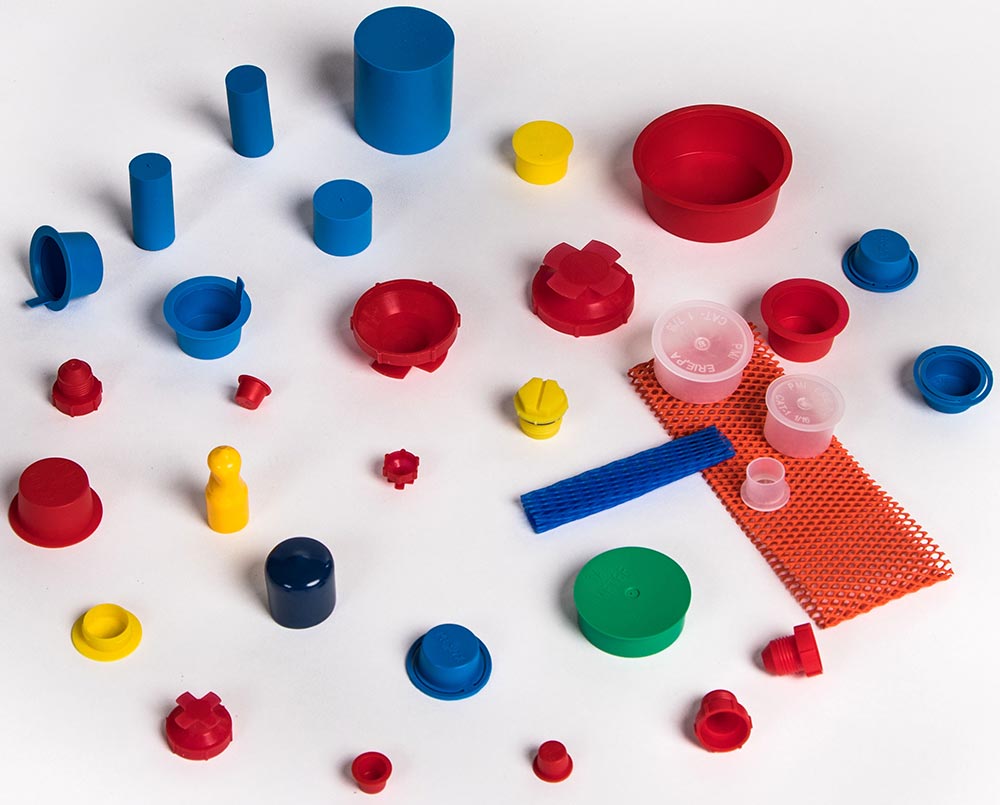News & Events


5 Ways To Protect Pipes Against Corrosion
Pipes are reliable pieces of equipment for transferring substances from one location to another. Like any equipment, the quality of pipes will degrade, mostly from corrosion. It’s important to mitigate corrosion, so read on for help protecting your pipes from corroding.
Clean the Pipes Properly
Keeping your pipes clean is essential, and you’ll need the right materials to prevent corrosion. Avoid harmful substances such as bleach or soap with a pH below 6.5.
Use baking soda and vinegar to clean out any hard water in the pipe and remove wax or resin buildup. Neither ingredient is too acidic, and they won’t affect anything inside or surrounding the pipe, which could cause it to corrode.
Add a Protective Layer to the Pipes
It’s always wise to fortify your pipe’s defenses with a protective layer. Use a non-corrosive material on the pipe’s interior and exterior that contains gold, silver, platinum, and any other pure metal with no iron that may oxidize and corrode. Simple barrier coatings such as paint or plastic will mitigate corrosion and act as a protective coating for the pipe.
Create a Stable Environment for the Pipes
A pipe will require a dry climate with little moisture in the air that could react with the metal and cause corrosion. Protecting pipes against corrosion will require you to prepare them for the environment.
Buried pipes will need ground wires to direct electricity from a source, and environments with normally hot water will require heat and corrosion-resistant material such as gold. Consider the pipe’s surroundings to prevent the metal from breaking down and protect it as much as possible.
Prepare for Extreme Hot Water
Hot water pipes will often corrode faster than cold water pipes because of the accelerated corrosion of the metal caused by the hot water. In chemical reactions, heat increases the speed of a reaction.
Hot water flowing through a pipe will hasten corrosion, and the heat may cause small contaminants, such as metal scraps, to break off and flow through the pipe. These metal bits may damage the pipes when circulating for long periods and scratch the surface of the metal.
Improve the Layout of Your Pipes
Pipes have various layouts that transport substances easily, but the layout may prevent corrosion. Seal the pipes as well as you can, and ensure there aren’t any cracks or openings where liquids may leak.
Ends of pipes that no longer have connectors should have protective end caps to seal them, as leaking substances may cause corrosion over time if they sit in a single spot. Use bolts and fasteners to secure connecting pipes and prevent leakage at the junction points. Pipes shouldn’t have openings unless they are intentional and create a path for any fluid that transfers and prevents leakage.
Protecting pipes against corrosion is essential for the systems we use to transport and drain fluids. Use these methods to prevent pipes from breaking down and corroding so you won’t have to worry about a leak.

